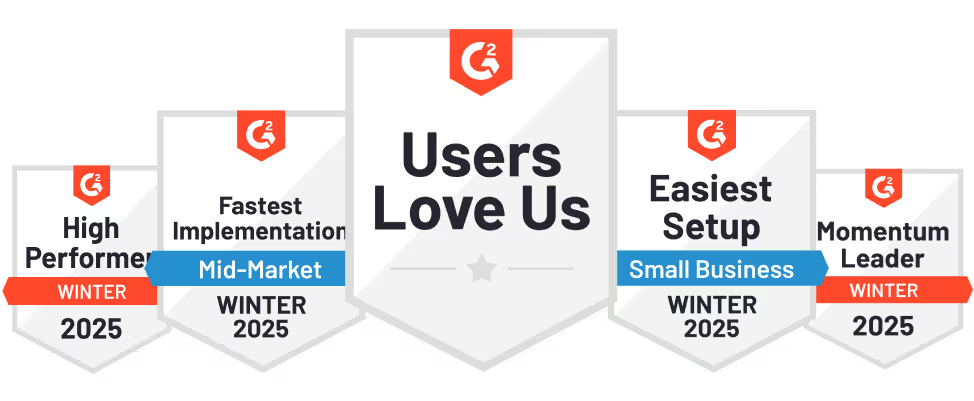Sam Dunning is founder of Breaking B2B and host of the top 10 B2B marketing podcast: Breaking B2B. Here’s his 7-point checklist before you kick-off SEO at your B2B organization.
So many B2B companies jump into SEO before having the fundamentals in place, meaning results take way longer (if ever) to achieve.
And when they do finally get rankings the website isn’t built to convert traffic into qualified inbound opportunities. Let’s dive into 7 key pieces to ensure in order to maximize your B2B SEO efforts.
1. Research
The greatest websites are built from a solid understanding of dream clients:
- Expensive problems
- Jobs To Be Done
- Key goals
Start by interviewing 5-10 recently won clients (or target prospects). Understand their juicy problems, impact of not fixing them, what they care about seeing on a website in your niche, what they hate about your niche, what they feel is missing on your current site etc. Record the most common replies to later leverage for design, messaging and copy.
2. SEO from day zero
So many companies decide to start SEO after a new site is launched. They have to go back to the drawing board with:
- Customer research
- Keyword research
- Content planning
- Technical updates
- Off page strat
Wasting time, cash and resources.
If you begin this research and planning stage early (during a website build) to understand what you want your site to be found for (ideal clients ready to speak to sales now AND those earlier in the buying journey), you can ensure website pages, content and structure is in the best place to rank from launch. Rather than causing yourself a world of pain when you realize you have zero organic traffic or inbound 6 months later. This is exactly the process we follow.
3. Buyer focused copy
Leave your ego at the door. Especially for your home and high traffic pages.Prospects wanna quickly see you understand their world (pain points, motivations, goals) then see how your offer can help them.
This is where your research kicks into play. Prioritize crystal clear copy unless you're using jargon your customers use daily. Look up 'The Grunt Test' - by Donald Miller.
4. Built to qualify
Not everyone makes a good fit for business and vice versa. Your website (like a great salesperson) should actively repel tyre kickers and attract ideal clients. These pages are solid for this: Pricing, Processes, Who We Can't Help, Who We Serve)
5. Crafted to build trust
Everyone says 'use social proof' but not many say how. Relevancy is key here. Example: Your demo page might have a review video that removes buyer anxiety by sharing how you served their best interests from the start, fixed the problem and drove results.
6. Handle objections and FAQs
Time to make sales life easier and speed up deals. For each key page of your site (services, features, integrations, pricing etc), add an FAQ section addressing the most common Qs from sales and customer success calls. For example, on the SEO service pages for Breaking B2B we address these Qs openly:
- Isn't Google ads faster?
- How long for results?
- Why so expensive?
- And more
Speak to your sales team, customer success and support teams and list the most common questions and objections. Then address them directly for each of your relevant website pages. You're giving people what they wanna know before booking a call. And providing useful sales resources. For smaller teams with limited bandwidth, leverage B2B seo agencies to expedite production.This is killer for SEO.
7. Easy to book a call
Clear CTA (call to action) in menu navigation, above fold and on key sections of your site as visitors scroll pages (hero area and lower down on pages with a relevant descriptive CTA).
Consider a calendar booking tool to make it easy for prospects to book time with a sales expert.
You need a solid website that builds trust, qualifies and converts your hard earned traffic into a steady flow of sales leads before going full steam on SEO. Follow these tips or get the help of a Professional B2B SEO Agency to make it happen.






